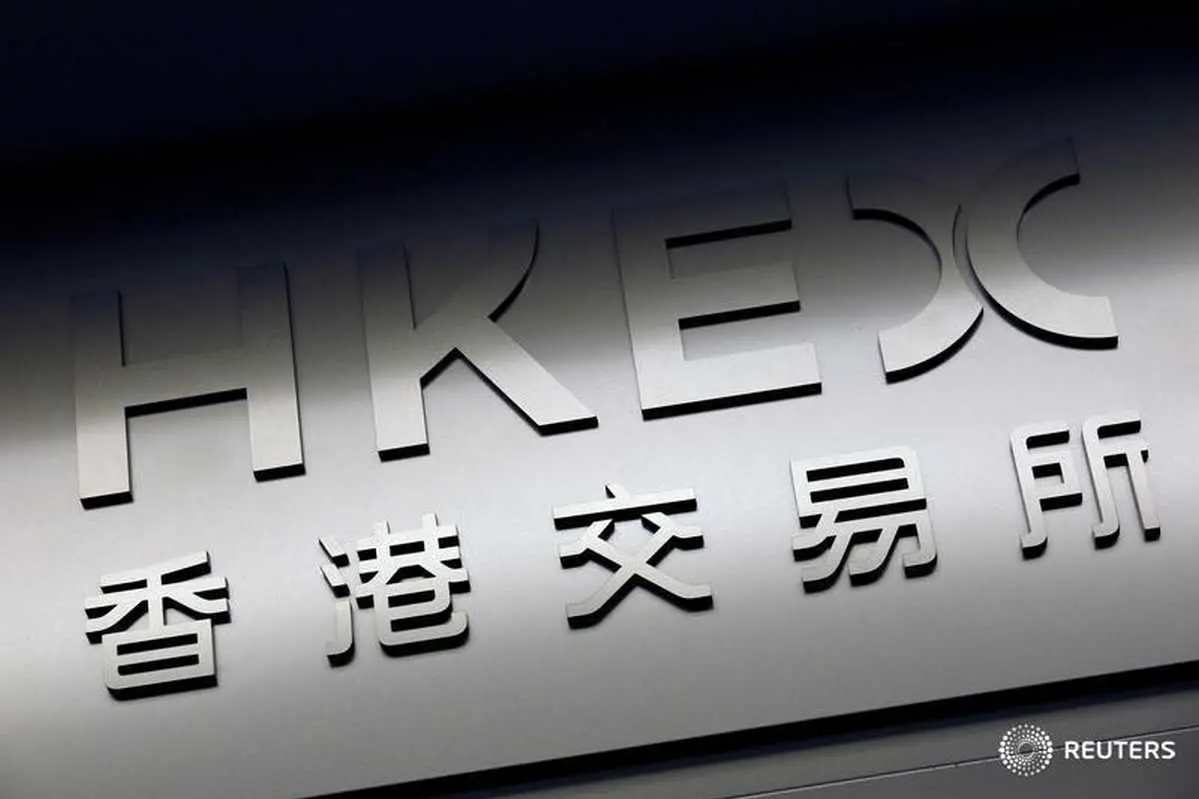PHOTO
HONG KONG - Hong Kong businesses are picking a poorly timed fight. The city’s listed companies are pushing back against plans by the local exchange to increase mandatory disclosure on environmental, social and governance issues. Yet the city is already lagging behind Europe and even neighbourhood rival Singapore on such reporting, at a time when these concerns loom larger than ever for fund managers. Worse still, this comes after months of increasingly violent protests, and now alongside a falling Chinese currency.
Hong Kong currently has environmental, social and governance guidelines but few rules. That’s a light-touch approach compared to financial hubs which have already made it compulsory for firms to release sustainability statements. Mainland China wants to enforce environmental disclosure by 2020.
The proposed changes intend to close that gap - tightening deadlines for companies to report on initiatives and compliance, demanding more information on boards’ oversight, and on disclosure of material climate-related risks. The goal is to increase the attractiveness of local stocks, which already come under occasional fire for a lack of transparency on traditional financial issues. The Chamber of Hong Kong-Listed Companies, though, argues the new requirements would be too much to handle.
Worries over the cost of new rules are hardly new. It’s true that smaller entities shoulder more of a burden to handle new rules than, say, $414 billion tech giant Tencent, which is among the lobby group’s members. But the benefit is significant too.
First, the number of investors making ESG demands is increasing and will continue to increase. Morningstar reckons socially conscious funds managed $1.2 trillion at the end of last year. Good practices on issues like sustainability also correlate well with positive investment performance, over time. That’s enough good reason to consider ESG more than a box-ticking exercise – as 60% of Hong Kong firms did, an analysis last October by consultancy EY found.
But, more importantly, naysayers are pushing back at a plan to make them shinier at a time when there are plenty of factors tarnishing prospects. Protests have brought parts of Hong Kong to a standstill. A falling Chinese yuan further batters the property developers, which are major constituents of the Hong Kong bourse. Investors don’t need another reason to stay away.
CONTEXT NEWS
- The Stock Exchange of Hong Kong, a wholly-owned subsidiary of Hong Kong Exchanges and Clearing, on May 17 released a consultation paper to support and improve issuers’ governance and disclosure on ESG activities and metrics.
- The Chamber of Hong Kong Listed Companies, which include Tencent and Henderson Land Development as members, said in a submission on July 19 that “it is too soon to introduce such mandatory disclosure requirements” and that fulfilling such requirements would be a “costly and time-consuming process, requiring much management effort”.
(Editing by Clara Ferreira and Katrina Hamlin) ((sharon.lam@thomsonreuters.com; Reuters Messaging: sharon.lam.thomsonreuters.com@reuters.net))





















